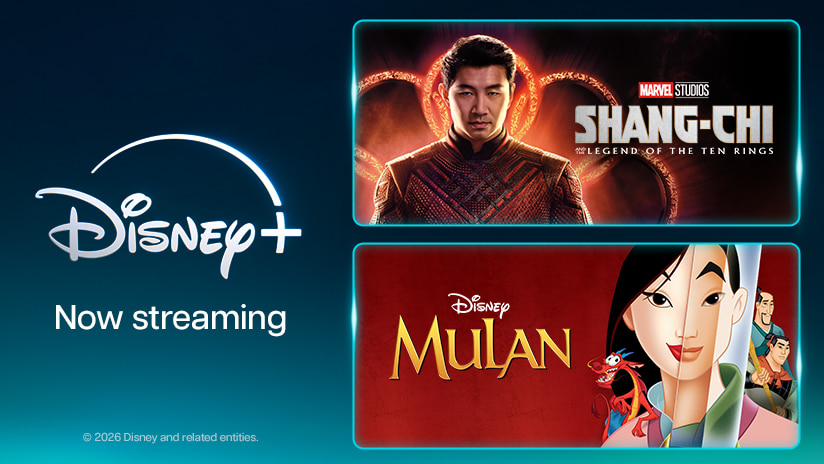The ultimate gamer explainer
Not up with the latest gamer speak? You've come to the right place. @HeyImNatalia takes techy terms and breaks them into bite-sized videos - so you can intimidate opponents, impress friends and level up your gameplay.

Image of gaming streamer @HeyImNatalia
Get to grips with gamer speak
It's not easy getting your head around gamer-speak - especially if you're new to gaming, haven't played in a while or you're just trying to speak the same language as your kids.
No matter where you are on the gaming spectrum, our gamer explainer can help - with short vids you can dip into and digest in around 3 minutes or less.
It's fair to say that, with her impressive presence on Twitch and Kick, @HeyImNatalia knows her way around a gaming console. Even better, she knows how to explain complex concepts in a way that makes sense to everyone.
Let's talk Teraflops
Teraflops are the measurement of the raw mathematical data happening inside your GPU. Tera stands for Trillion and flops means Floating Point Operations Per Second. Still confused? Don't worry @HeyImNatalia is about to make it super clear.
Along the way, you'll learn what a GPU is, why Teraflops matter (especially in multiplayer gameplay) and whether you need to rush out and buy more.
Check out Natalia's video on Teraflops
Gaming subscriptions
With new games being released daily, paired with the need to pick up as many titles as possible, gaming subscriptions come in clutch.
Think about the music or video streaming services you currently pay per month. Well, gaming subscriptions are just like that! In exchange for your regular payment, the subscription service provider will allow instant access to a large library of games plus on occasion, special perks including early access to titles or demos. Pretty cool, right?
Xbox Game Pass is one of these gaming subscriptions that allows access to over 100+ incredible games. Plus, they’re constantly introducing more gaming titles.
Check out Natalia's video on game subscriptions
Frames per second (FPS)
When playing a video game, watching a movie or doing anything on a screen, your graphics card will be rendering out and sending a series of still images to your eyes constantly - these are known as 'frames'.
When these images are viewed at speed it gives the appearance of motion or video. Frames per second (FPS) is the measurement of how many individual images are shown to your eyes every single second.
Your FPS can make or break your gaming experience and finding the right FPS for you and your gameplay is super important.
Let @HeyImNatalia talk you through all things FPS and you'll be an expert by the end of this video!
Check out Natalia's video on all things FPS
Gaming accessories
With a sea of gaming accessories on the market, it's easy to get overwhelmed.
Don't fret! @HeyImNatalia is here to talk you through the basics of controllers, headsets and hard drives to arm you with a bunch of handy info to pick what's right for you and your setup.
Check out Natalia's video on gaming accessories
Optimise your gaming traffic
While playing your favourite online multiplayer game, a fast internet connection paired with a quick response time is incredibly important to give you an edge over your competitors.
Should you be experiencing any lag, excess amounts of latency or dropouts - the connection between yourself and the game is disrupted and crucial information in regards to your gameplay can be lost.
In this video, @HeyImNatalia teaches you more about bettering your connection with the help of Telstra's Internet Optimiser to prioritise gaming traffic on your home network!
Check out Natalia's video on optimising your gaming traffic
Home network tips for gaming
Did you know that the way your home network is set up could be helping or hindering you?
Well, let @HeyImNatalia walk you through the different connection types you can see in your home and how they can help you boost that internet speed!
Check out Natalia's video on home network tips
How important is your modem?
If you want to play video games online - there’s a really important piece of the puzzle that can’t be missed, the modem.
When you think of a modem you’re probably thinking of the box in your living room that connects into your wall that you don’t really think about all that much. Well - if you’re thinking of playing video games online - knowing a little more about your modem, what it does and how it benefits your gaming experience is not a bad idea.
Check out Natalia's explanation on modems for gaming
Why gamers care about servers
If you’re an online gamer, no doubt you’ve heard the word 'server' pop up every now and then.
A server is a piece of hardware or software that acts as a 'host' that all users, or 'clients' connect to. What does this mean in terms of gaming?
Let @HeyImNatalia explain all things server related!
Check out Natalia's explanation on servers
Gaming and console streaming
What is cloud gaming? That’s a valid question.
With new technologies being released so quickly, it can be hard to keep up with it all. This, however, is one piece of technology you'll definitely want to keep up know about!
@HeyImNatalia runs through all things cloud gaming and how it can elevate your gaming experience.


